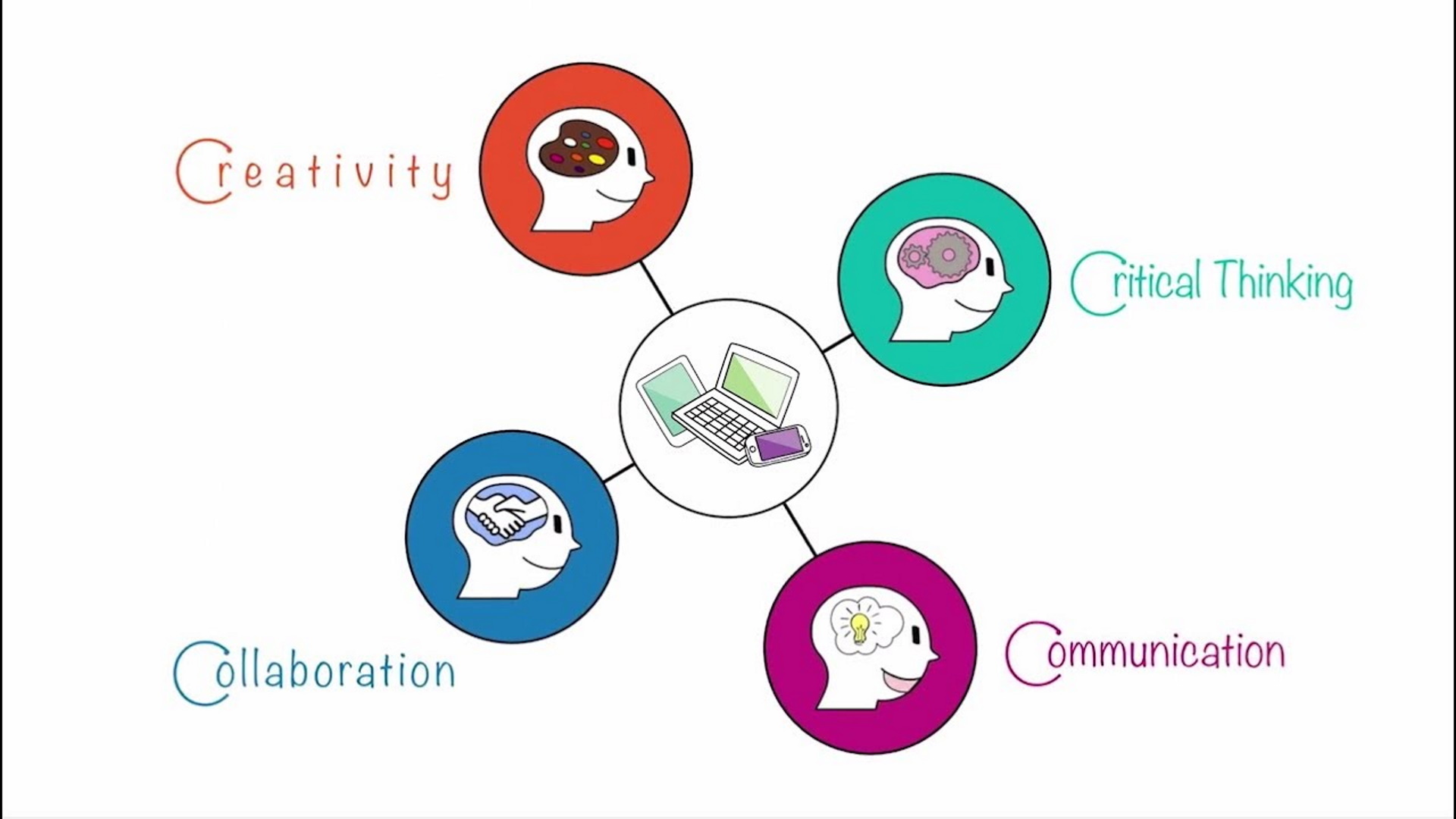Living in the 21st century world can be complicated and stressful. A lot of the interpersonal and interactive skills that we need in our everyday lives – things such as digital literacies, intercultural competence, and emotional self-regulation – are still far from being merely introduced in the Greek educational system. The trend of incorporating Global Skills in education is now looking to change that.
Text by: George Athanasopoulos
From Four Cs to five skills clusters
Communication and Collaboration and Creativity and Critical Thinking as two of the key skills clusters included in Global Skills, and should already be familiar to anyone who is acquainted with the Partnership for 21st Century Learning, in which they were grouped together as Learning Skills and referred to as The Four Cs.
Global Skills are made up of five distinct skills clusters. The other three skills clusters of Global Skills are Intercultural Competence and Citizenship, Emotional Self-Regulation and Wellbeing, and Digital Literacies.
The skills of communication, collaboration, creativity and critical thinking are as important as ever, not only because they can have a positive impact on language proficiency, but also because they can be applied to the challenges of everyday life.
Communication and Collaboration as Global Skills
Learning to communicate involves being able to negotiate meaning – something which requires interacting with another person or people. And when we collaborate with someone else, both in the classroom and in real-life contexts, there is usually communication involved. The two skills therefore connect, and can very often be dependent on each other.
Creativity and Critical Thinking as Global Skills
Creativity is the art of thinking – it is based on inspiration, intuition and subjective expression. Critical thinking is the science of thinking – it is based on reason, analysis, and evidence-informed judgements. As skills, they are complementary aspects of thinking outside the box, whether that involves coming up with something new, or seeing something that others have missed. Again, let’s take a look at a simple example.
Global skills double duty
We don’t need extra lessons to teach global skills, nor do we need to separate language skills from global skills. Learning tasks in the classroom can be asked to perform double duty: to generate opportunities to practise language and to develop students’ global skills.
